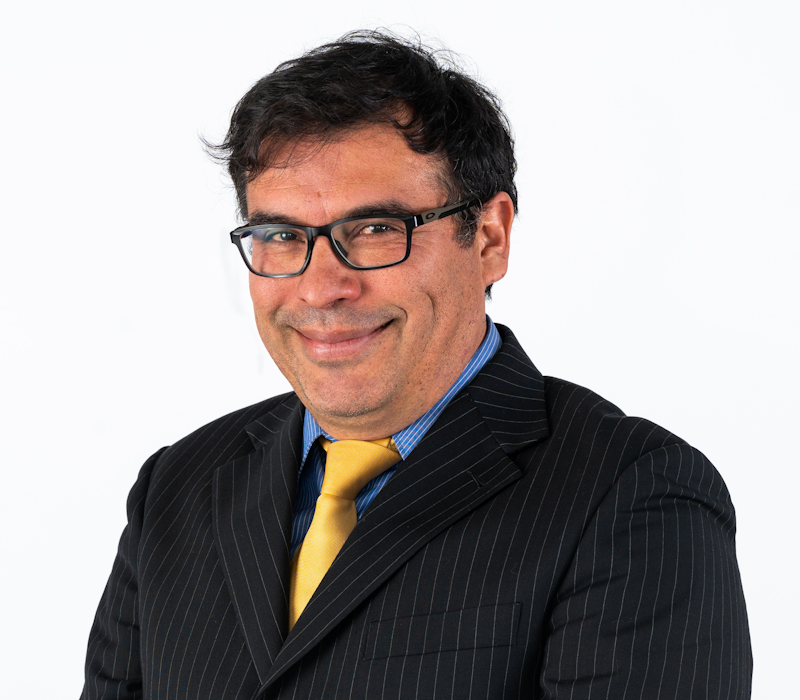A variety of relevant health and fitness parameters are now being captured via an ecosystem of consumer-oriented self-tracking devices, smartphone apps, and related services. Techniques from information science, sociology, psychology, design, statistics, machine learning, and data mining are applied to develop these systems.
These technologies provide new opportunities to enrich the understanding of individual and population health. Beyond self-tracking of everyday behaviors and lifestyle, they are increasingly applied to rehabilitation monitoring, adaptive training, and personalized self-diagnosis.
The integration of Virtual Coaches, Extended Reality (XR), and Artificial Intelligence (AI) further enhances this field by enabling immersive, adaptive, and data-driven experiences. AI-powered virtual coaches can analyze multimodal sensor data and provide real-time feedback within XR environments, fostering motivation, engagement, and rehabilitation effectiveness. These intelligent systems allow for individualized rehabilitation programs, remote monitoring, and inclusive sports participation for users of diverse abilities.
The Design for Sports, Learning, Assistive Technologies, and Rehabilitation track offers a multidisciplinary forum to discuss these emerging directions from multiple perspectives—technological, psychological, social, and design-oriented—considering the needs of all stakeholders and presenting projects developed for different user contexts and goals.
Topics include:
- Rehabilitation technologies
- Robotics for rehabilitation
- Wearable sensing and biofeedback
- Embedded sensors and IoT systems
- AI/ML technologies for adaptive support
- Smart prosthetics and assistive robotics
- Virtual coaches and XR-based rehabilitation
- Healthcare and eHealth design
- User-Centered Design (UCD) and Co-design for health
- Pervasive and Ambient Assisted Living (AAL) solutions
- Extended Reality and AI for inclusive sports and therapy
Chairs

Paolo Perego, Politecnico di Milano, Design department
Giuseppe Andreoni, Politecnico di Milano, Design department

Sara Arlati, CNR-STIIMA

Mario Covarrubias, Politecnico di Milano, Mechanical Engineering Department